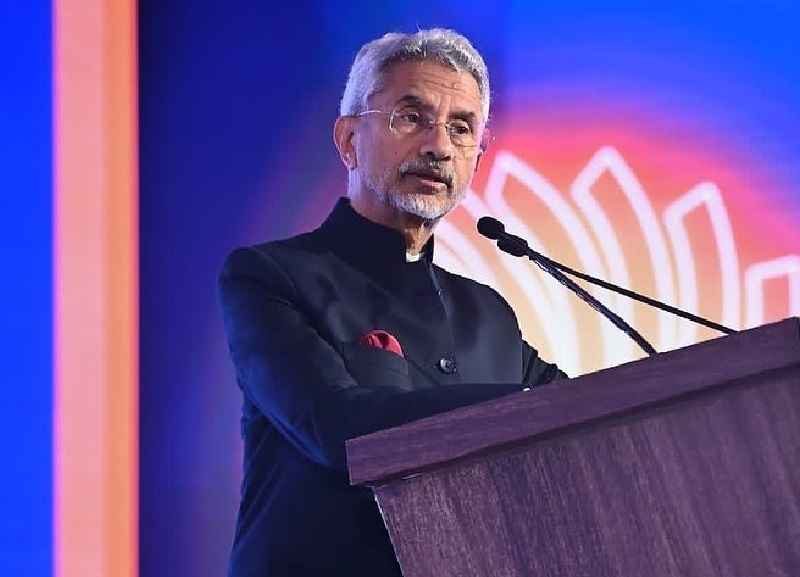 New Delhi: External Affairs Minister S Jaishankar made fresh comments on India-Canada diplomatic relations, which have worsened over the killing of Khalistani separatist leader Hardeep Singh Nijjar. Jayashankar has arrived in Washington for a five-day official visit.
New Delhi: External Affairs Minister S Jaishankar made fresh comments on India-Canada diplomatic relations, which have worsened over the killing of Khalistani separatist leader Hardeep Singh Nijjar. Jayashankar has arrived in Washington for a five-day official visit.
With Canadian Prime Minister Justin Trudeau’s accusations of India’s involvement in Nijjar’s murder, the Khalistani threat and India’s approach and methods of foreign diplomacy began to reach and be discussed more strongly in the general public.
“We are a democratic country. We don’t need to learn from others what freedom of speech is. We do not think freedom of speech extends to inciting violence. As far as we are concerned, it is an abuse of freedom and not a defense,” said Jayashankar.
He spoke about the attack on the Indian consulate in San Francisco and the threat posters by Khalistani in Canada that included the names of Indian diplomats.
He said that India and Canada should talk to each other and work to resolve the differences related to the death of Hardeep Singh Nijjar. Jayashankar also said that he discussed the diplomatic row between India and Canada with US Secretary of State Anthony Blinken and National Security Advisor Jake Sullivan.
Jaishankar also responded to a question about the lack of evidence in Canada’s allegations against India. Jaishankar added that if India is willing to share any relevant information related to their allegations, it will be verified.
“We have had problems with Canada and the Canadian government for a number of years. The current issue revolves around the permissibility of terrorism and violence. This permission also reflects Canada’s non-response to extradition requests.’ He said. Jaishankar strongly objected to Canada giving shelter to terrorists and separatists and said that what is happening in the country should not be considered normal.
‘We’ve had smoke bombs thrown at our missions, violence in front of consulates, posters put up, do you think this is normal? How would they react if this happened to any other country? Don’t take Canada for granted. It’s important to call out what’s going on there.’ Jayashankar said.
He asked the media to think how the world would react if what happened in Canada happened in any other country. ‘What is happening in Canada, if it happened anywhere else, do you think the world would take it with such equanimity?’ He asked.
Jaishankar also said that Indian diplomats in Canada are not safe when they go to the embassy or consulate. “They are publicly threatened. That is what even prompted the temporary suspension of visa operations in Canada,’ he added. Anthony Blinken had told the media that he hoped Canada and India would resolve the issue.




